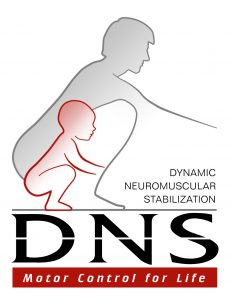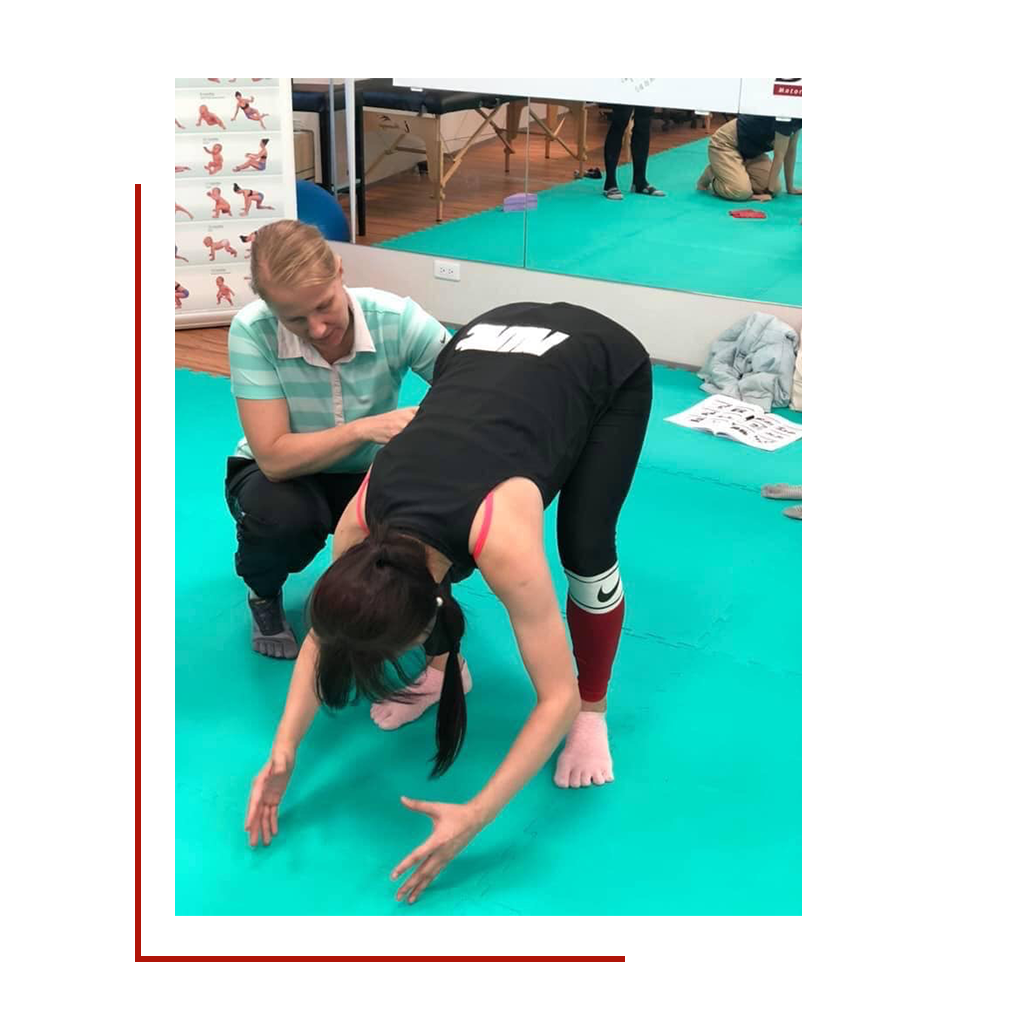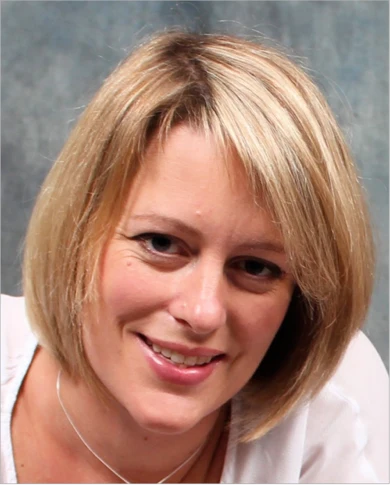- 858-876-6300
- mrintala67@gmail.com
- Solana Beach Family & Sports Chiropractic | 560 Stevens Ave Solana Beach, CA 92075
Copyright © 2021 RintalaChiro. All rights reserved.

Come join us for an introduction to the concepts and principles of Dynamic Neuromuscular Stabilization in the clinical setting. We will be introducing and workshopping specific assessments, treatment methods and active exercising strategies in order to enhance the good work you already do.
This course runs from July 19-21, 2024
We will meet in-person at:
Hunter College
425 East 25th Street
New York, NY 10010
Course Time:
Friday 9am-5pm
Saturday 9am-5pm
Sunday 9am-3pm
Course Fee’s:
Hunter College Student/Faculty – $495*
Alumni – $595 *
Early Bird Before June 19, 2024 – $695
Regular – $795


What is Dynamic Neuromuscular Stabilization (DNS)?
The nervous system establishes programs that control human posture, movement and gait. This ‘motor control’ is largely established during the first critical years of life. Therefore, the “Prague School” emphasizes neurodevelopmental aspects of motor control in order to assess and restore dysfunction of the locomotor system and associated syndromes.
Course Objectives


Zuzana is a physiotherapist at Professor Kolar’s private rehabilitation clinic: Centre of Movement Medicin Waltrovka, Prague, Czech Republic. She is a lecturer at Charles University, 2nd School of Medicine, where she teaches physical therapy to the students of the physiotherapy undergraduate program as well as to medical students.
Zuzana received her Master’s Degree in Physiotherapy in 2003, Palacky University, Olomouc, Czech Republic. In 2006, she completed a course in Reflex Locomotion according to Vojta, focusing on the treatment of adult patients.
From 2003 to 2011, Zuzana worked as a full-time member of the rehabilitation staff at the Rehabilitation clinic, University Hospital Motol in Prague. She has extensive experience in functional assessment and the treatment of patients with neurological, musculoskeletal and orthopaedic diagnoses. She is also experienced with paediatric cases. She has worked with both the inpatient and outpatient departments at the Motol rehabilitation clinic, as well the Spinal Unit and Pain Management Centre.
Since 2013, Zuzana has been working at Professor Kolar’s private rehabilitation clinic; “Centre of Movement Medicine”. In her private praxis she focus on developing better movement strategies and treatment for Equestrians, being competitive rider herself.
Zuzana works closely under the mentorship of Professor Pavel Kolar, and is an expert in the Dynamic Neuromuscular Stabilization (DNS) approach. She has been teaching DNS since 2005, and has taught in the Czech Republic, Slovakia and numerous other European countries, as well as Asia and North and South America.
Dr. Michael Rintala is one of the Prague School of Rehabilitation Primary Instructors teaching Dynamic Neuromuscular Stabilization (DNS) in the United States. He is also a DNS Certified Exercise Trainer (DNSET).
Copyright © 2021 RintalaChiro. All rights reserved.